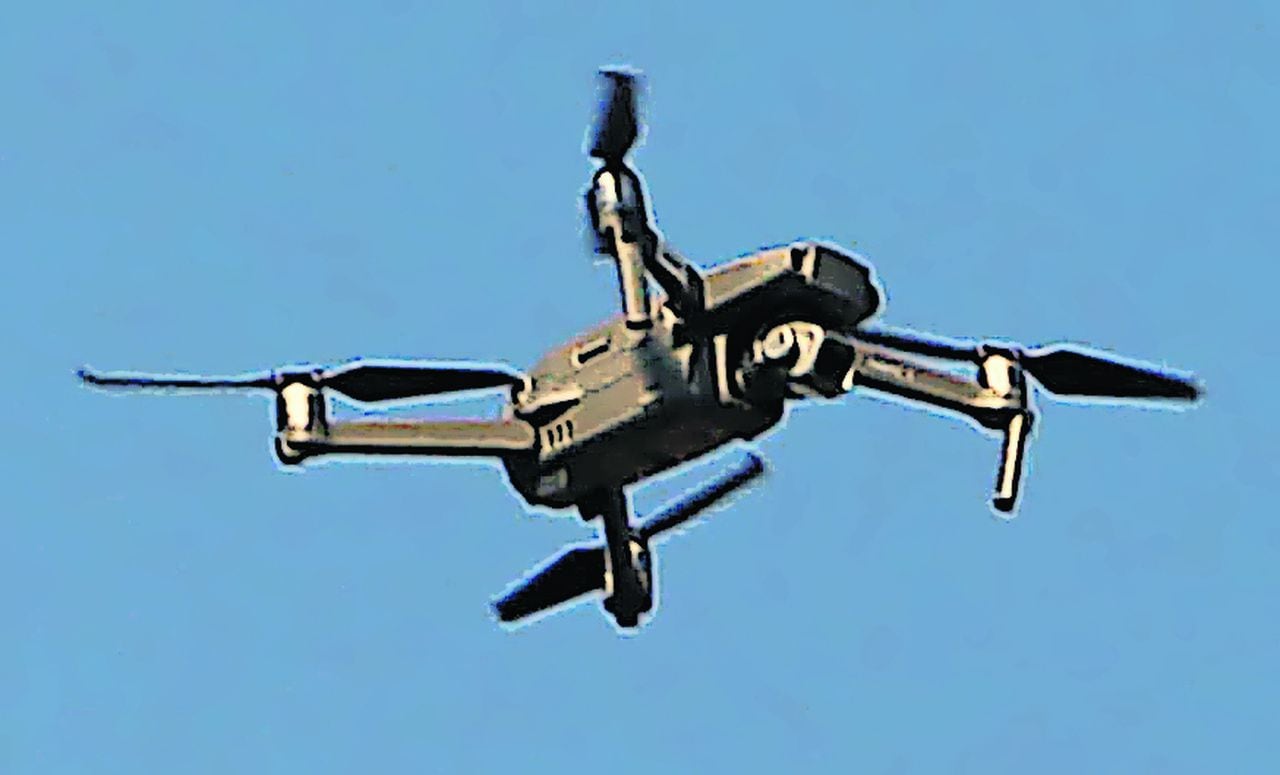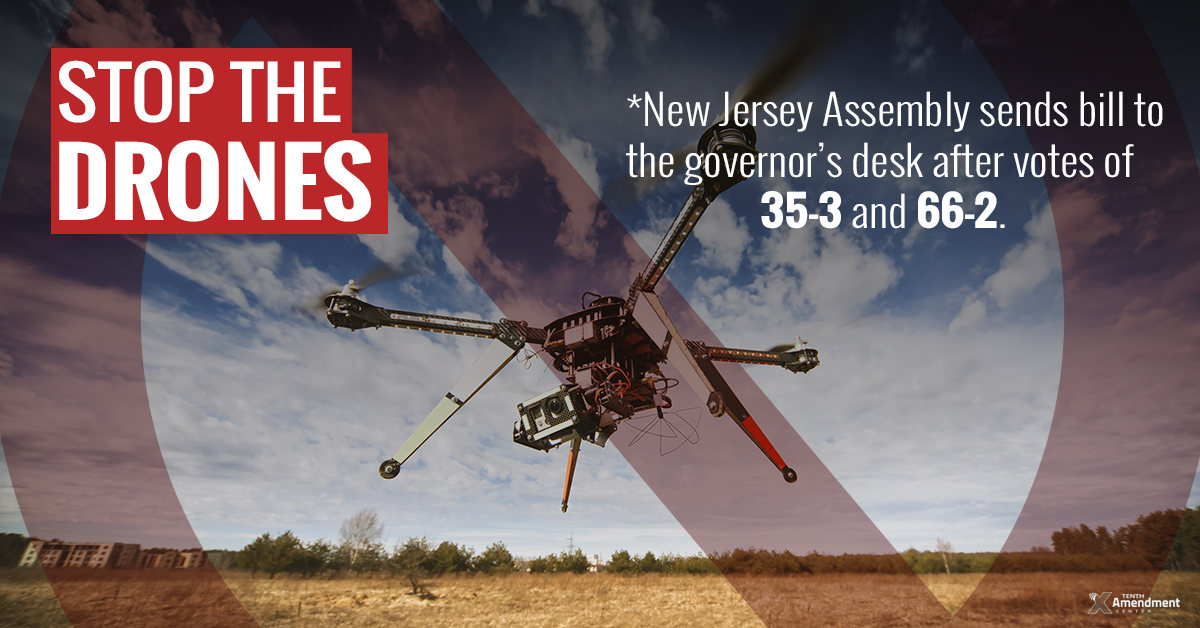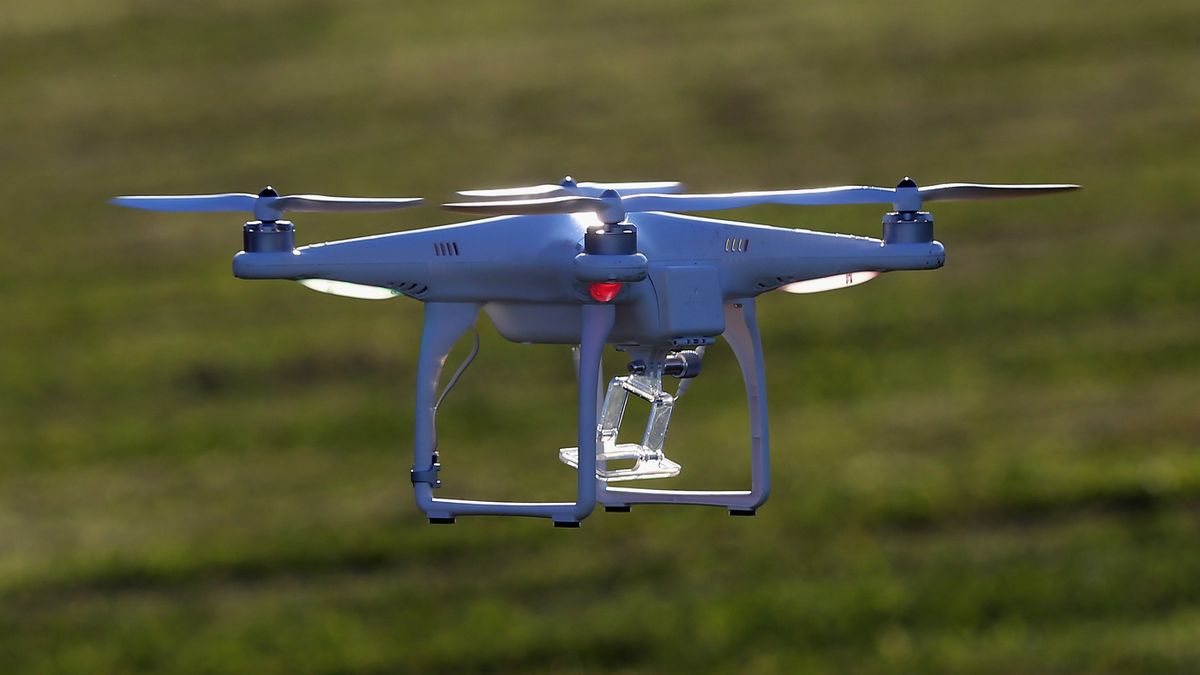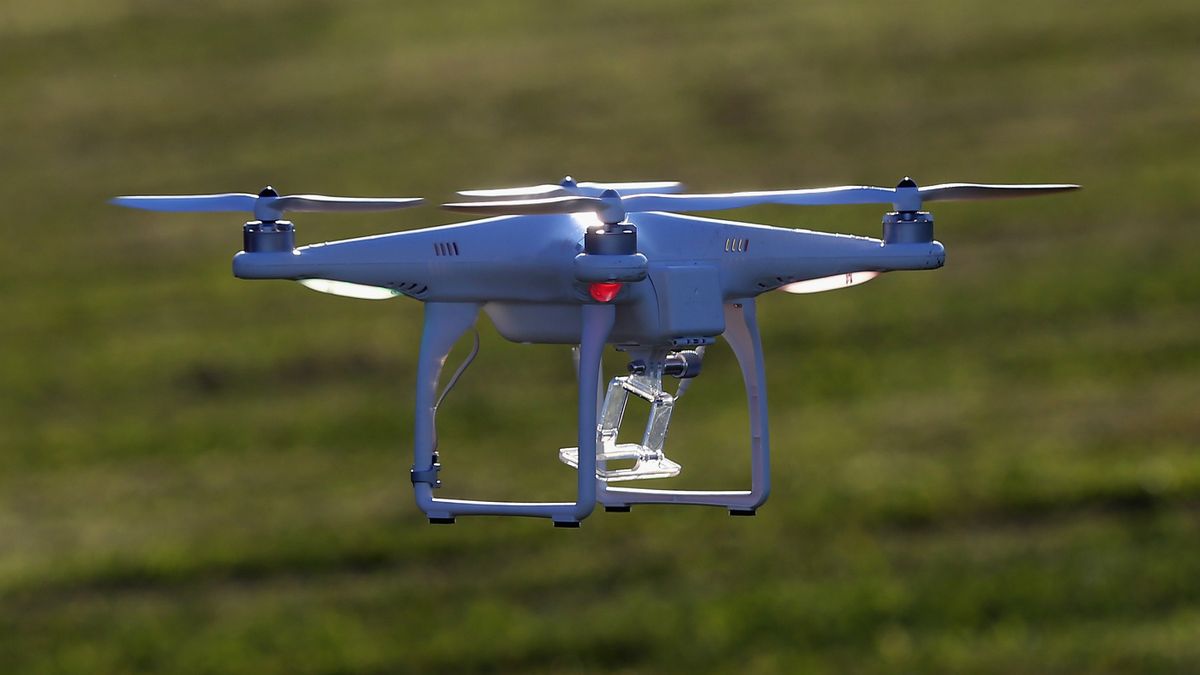Drones Over New Jersey Solved: This investigation delves into the recent surge of unauthorized drone activity in the Garden State, examining the types of drones involved, the legal ramifications, public safety concerns, and technological solutions implemented to address this emerging challenge. We’ll explore the incidents, their impact on infrastructure, and the community efforts to promote responsible drone usage.
The report analyzes five significant drone-related events, detailing their circumstances, locations, and outcomes. We then compare the capabilities of different drone types, highlighting how their features influence the nature of incidents. This analysis is crucial for understanding the vulnerabilities and potential threats posed by unauthorized drone operations.
Drone Incidents Over New Jersey: A Comprehensive Overview: Drones Over New Jersey Solved
The increasing prevalence of drones in New Jersey airspace has brought about a complex interplay of technological advancement, legal considerations, and public safety concerns. This article examines recent drone incidents in the state, analyzes the types of drones involved, explores the relevant legal framework, and discusses potential solutions to mitigate risks and ensure responsible drone operation.
Recent Drone Incidents in New Jersey, Drones over new jersey solved

The following table details five significant drone-related events in New Jersey within the past year. Note that specific details of some incidents may be limited due to ongoing investigations or privacy concerns. The information provided is based on publicly available reports and may not be entirely comprehensive.
| Date | Location | Brief Description | Outcome |
|---|---|---|---|
| October 26, 2023 | Newark Liberty International Airport | A drone was observed flying near the airport’s runways, causing a brief disruption to flight operations. | The drone operator was not identified, but flight operations resumed after a short delay. FAA investigation ongoing. |
| August 15, 2023 | Atlantic City | A drone carrying a small package was intercepted by law enforcement after it was reported to be flying suspiciously near a casino. | The drone and package were seized, and the operator was apprehended and charged with reckless endangerment and violation of airspace regulations. |
| June 10, 2023 | Princeton University Campus | A student operated a drone without proper authorization, resulting in a near-miss with a university helicopter. | The student received a warning and was required to complete a drone safety course. |
| March 5, 2023 | Route 280, Clifton | A drone was reported to be interfering with traffic, flying erratically at low altitude. | The drone was eventually recovered, but the operator remains unidentified. Police investigation concluded with no arrests. |
| January 20, 2023 | Cape May County | A large commercial drone malfunctioned during a coastal survey, resulting in a crash and minor property damage. | The company responsible for the drone operation compensated for the damages and implemented stricter safety protocols. |
Types of Drones Involved
The incidents listed above involved a variety of drone types, including consumer-grade drones, commercial drones used for surveying and photography, and what appeared to be hobbyist drones. Consumer drones are typically smaller, easier to operate, and have limited flight times and range. Commercial drones often possess advanced features such as longer flight times, higher payload capacities, and obstacle avoidance systems.
Hobbyist drones vary widely in capabilities depending on the model and modifications.
These differences in capabilities directly influence the nature of incidents. For example, a consumer drone’s limited range might result in a less serious airspace violation compared to a commercial drone capable of flying further and potentially interfering with larger-scale operations. The advanced features of commercial drones, while useful for legitimate purposes, also present a greater potential for misuse or accidents if not operated responsibly.
Legal and Regulatory Aspects
New Jersey, like other states, adheres to Federal Aviation Administration (FAA) regulations regarding drone operation. These regulations cover aspects such as registration, licensing for commercial operations, airspace restrictions, and operational limitations. Specific state laws might add further restrictions based on local circumstances.
For instance, flying a drone near an airport without proper authorization, as seen in the Newark Liberty incident, is a clear violation of FAA regulations and could lead to significant penalties. Similarly, operating a drone recklessly or without due care, as in the Atlantic City incident, can result in criminal charges. A hypothetical scenario could involve a drone dropping an object from a considerable height, causing injury.
This would trigger investigations under both FAA regulations and state laws regarding reckless endangerment.
The recent drone activity over New Jersey, initially causing concern, has been resolved through improved regulatory measures and increased surveillance. This highlights the importance of responsible drone operation, a concern shared by companies like archer aviation , who are actively developing advanced air mobility solutions. Ultimately, the successful mitigation of the New Jersey drone incidents underscores the need for continued technological advancement and stringent safety protocols.
Public Safety Concerns
Unauthorized drone use poses several public safety risks in New Jersey. These risks are amplified near densely populated areas, critical infrastructure, and emergency response sites.
- Collisions with aircraft or other objects
- Privacy violations through unauthorized surveillance
- Disruption of emergency services and public events
- Damage to property or infrastructure
- Potential for use in criminal activities
To mitigate these risks, implementing robust drone detection systems, strengthening regulations, and raising public awareness through educational campaigns are crucial. Simultaneously, responsible use of drone technology can enhance public safety, aiding in search and rescue operations, infrastructure inspections, and traffic monitoring.
Technological Solutions
Several technological advancements can help prevent or detect unauthorized drone activity. These include counter-drone systems employing various methods like radio frequency jamming, GPS spoofing, and net-based capture mechanisms. Each method has its strengths and limitations.
Radio frequency jamming can disrupt drone communication but might also affect other radio-frequency devices. GPS spoofing can mislead the drone’s navigation, but sophisticated drones can use alternative navigation methods. Net-based systems physically capture drones but have limited range and may not be effective against all drone types. The effectiveness of counter-drone systems often depends on factors like drone type, environment, and operator skill.
Impact on Infrastructure

Drones pose a significant threat to critical infrastructure in New Jersey, including airports, power plants, and other sensitive facilities. Their ability to carry payloads or cause physical damage presents vulnerabilities that require proactive security measures.
Unauthorized drone activity near airports can disrupt flight operations, while drones near power plants could potentially cause damage to equipment or disrupt energy distribution. Security protocols such as drone detection systems, access control measures, and physical barriers are essential for protecting critical infrastructure. Advanced countermeasures, including directed energy weapons, are being explored for high-security locations but raise ethical and legal considerations.
Community Awareness and Education

A comprehensive public awareness campaign is needed to educate New Jersey residents about responsible drone use. This campaign should emphasize safe operating practices, legal requirements, and the potential consequences of irresponsible behavior.
Sample campaign materials could include brochures outlining drone regulations, social media posts highlighting safe drone practices, and public service announcements emphasizing responsible drone ownership. Community involvement is key to success; this could include workshops, partnerships with local organizations, and collaborative efforts to report suspicious drone activity.
Future Implications
Future trends in drone technology, such as increased autonomy, advanced sensing capabilities, and swarm technology, will present both opportunities and challenges for New Jersey. These advancements will likely lead to more sophisticated regulations and a greater need for robust counter-drone technologies.
The increasing use of AI-powered drones for autonomous surveillance and delivery will necessitate revised privacy regulations. The emergence of drone swarms could pose significant challenges for detection and countermeasures. Proactive planning, ongoing technological advancements in detection and mitigation, and adaptive regulatory frameworks will be crucial to navigate these future implications.
Addressing the issue of unauthorized drones in New Jersey requires a multi-faceted approach. Through a combination of strengthened regulations, advanced technological solutions, and increased public awareness, we can mitigate risks to public safety and critical infrastructure. The future of drone technology necessitates proactive measures to ensure safe and responsible integration into New Jersey’s airspace.
Helpful Answers
What penalties exist for illegal drone operation in New Jersey?
The recent spate of unauthorized drone activity over New Jersey appears to be resolved, at least for now. Authorities have been actively investigating these incidents, and one particularly concerning event involved a drone that was ultimately shot down, as detailed in this report: nj drone shot down. This decisive action highlights the seriousness with which officials are addressing the threat posed by rogue drones and underscores the ongoing efforts to ensure airspace safety across the state.
Penalties vary depending on the violation but can include fines, license suspension, and even criminal charges.
Can I fly a drone near airports in New Jersey?
No, there are strict regulations prohibiting drone flights near airports due to safety concerns. Check the FAA’s B4UFLY app for specific restrictions.
What are some examples of drone-related incidents that have impacted New Jersey’s infrastructure?
Examples could include near misses with aircraft at airports or disruptions to power lines, though specific details would need to be sourced from official reports.
How effective are counter-drone systems currently available?
Effectiveness varies depending on the system and the type of drone. Some are very effective at detection and jamming, while others are more limited in their capabilities.
